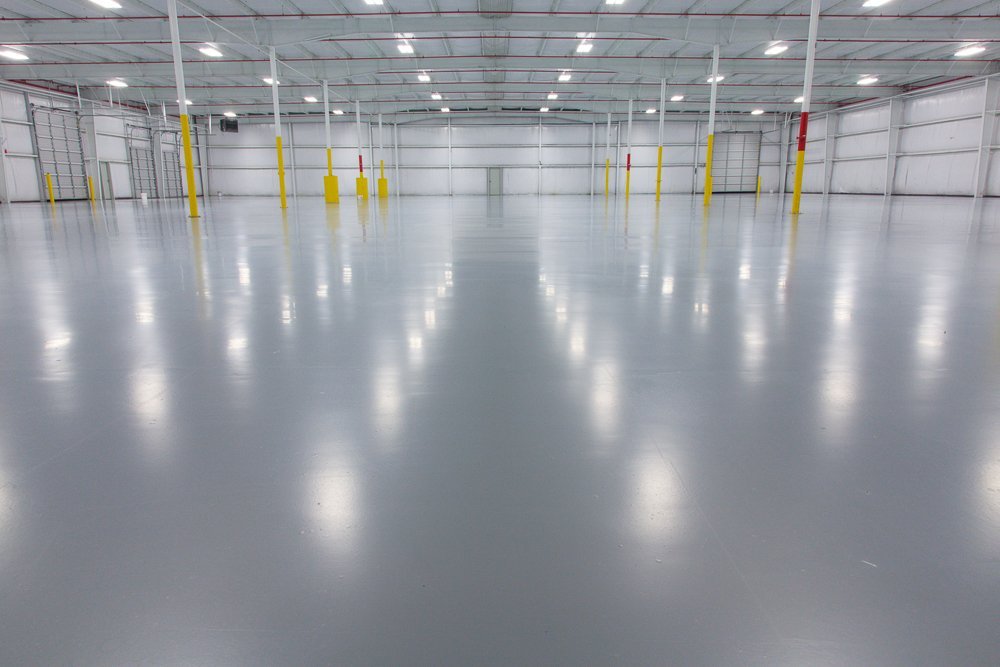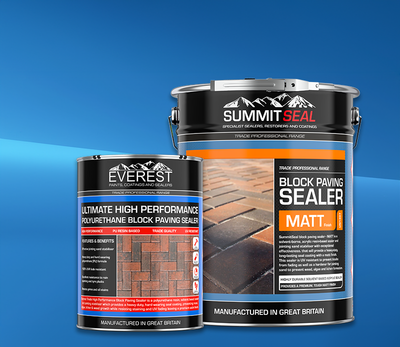Introduction:
Selecting the right industrial floor paint is crucial for ensuring longevity, safety, and aesthetics of your workspace. With options ranging from polyurethane and solvent-free epoxy to water-based alkyd and acrylic paints, the decision can be daunting. This guide focuses on helping you choose the best option, particularly highlighting the strengths of epoxy and polyurethane paints.
We've linked the products mentioned to the write of this post. (or underneath on mobile)
1. Identifying Your Flooring Needs
Your choice of industrial floor paint should be guided by specific factors like traffic levels, chemical exposure, slip resistance needs, and desired appearance.
2. Epoxy Floor Paints: The Gold Standard in Durability
For those seeking the pinnacle of floor protection and are willing to invest in thorough preparation, epoxy paints are unmatched. Known for their exceptional durability and resistance to chemicals, oils, and abrasions, epoxy coatings create a robust, seamless finish. Though the preparation process for epoxy paints is more involved, the resulting longevity and resilience make it a worthwhile investment for high-traffic and demanding industrial environments.
Link https://premiumpaints.co.uk/collections/epoxy-floor-paint
3. Polyurethane Floor Paints: Economical Yet Effective
As a more cost-effective alternative to epoxy, polyurethane paints offer a balance of affordability and performance. Easier to apply and still providing good resistance to physical impacts and temperature variations, polyurethane is a pragmatic choice for areas that do not face the extreme conditions suited to epoxy. While it may not match the formidable strength of epoxy, it still ensures a durable and visually appealing finish.
Link https://premiumpaints.co.uk/collections/polyurethane-floor-paints
4. Water-Based Alkyd and Acrylic Paints: Other Considerations
Water-based alkyd paints present an eco-friendlier choice, ideal for projects prioritizing environmental concerns. Acrylic paints, known for their quick-drying properties, are suitable for less demanding areas and offer a budget-friendly solution.
Link: https://premiumpaints.co.uk/collections/alkyd-floor-paints
5. Tailoring Your Choice to the Environment
Epoxy is the go-to option for the ultimate floor protection, particularly in heavy-duty industrial settings. However, for areas where a balance of cost and performance is needed, polyurethane emerges as an effective alternative. The choice between these two, or considering water-based alkyd and acrylic options, hinges on the specific requirements of your floor space.
6. Application and Ongoing Care
Independent of the paint chosen, proper application and maintenance are key. It's essential to prepare the surface meticulously, especially for epoxy coatings, and adhere to the manufacturer’s guidelines to ensure optimal results.
Conclusion:
In industrial settings, floor paints are more than just a cosmetic choice; they're an investment in the longevity and functionality of your space. Epoxy stands out as the superior choice for those ready to undertake the necessary prep work, offering unmatched durability. Polyurethane serves as a practical and more economical alternative, still providing significant protection but with easier application. Your ultimate decision should be aligned with the specific demands of your environment and the desired balance between cost, ease of application, and strength.










